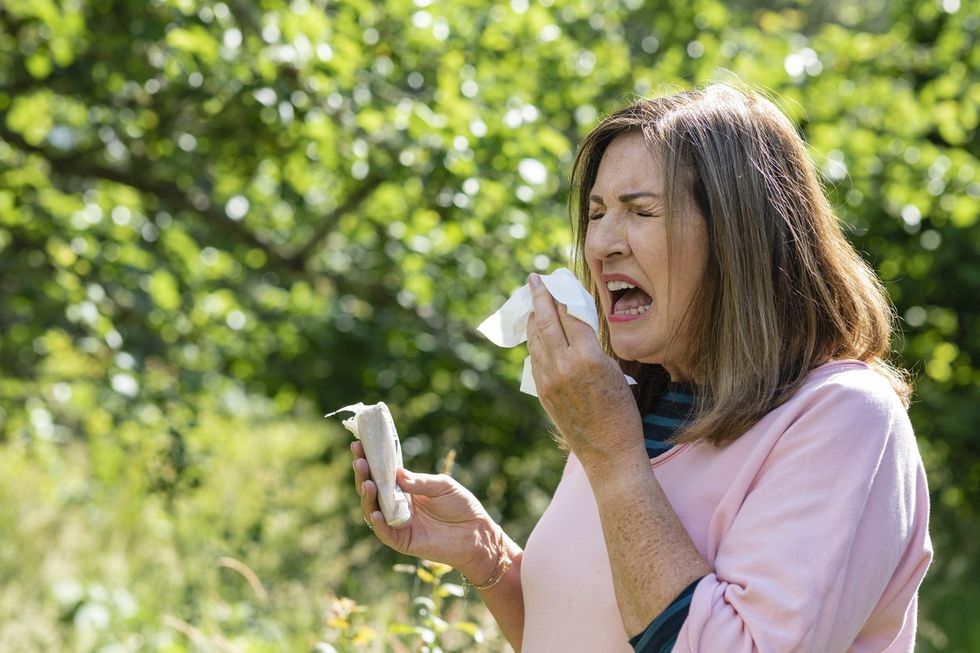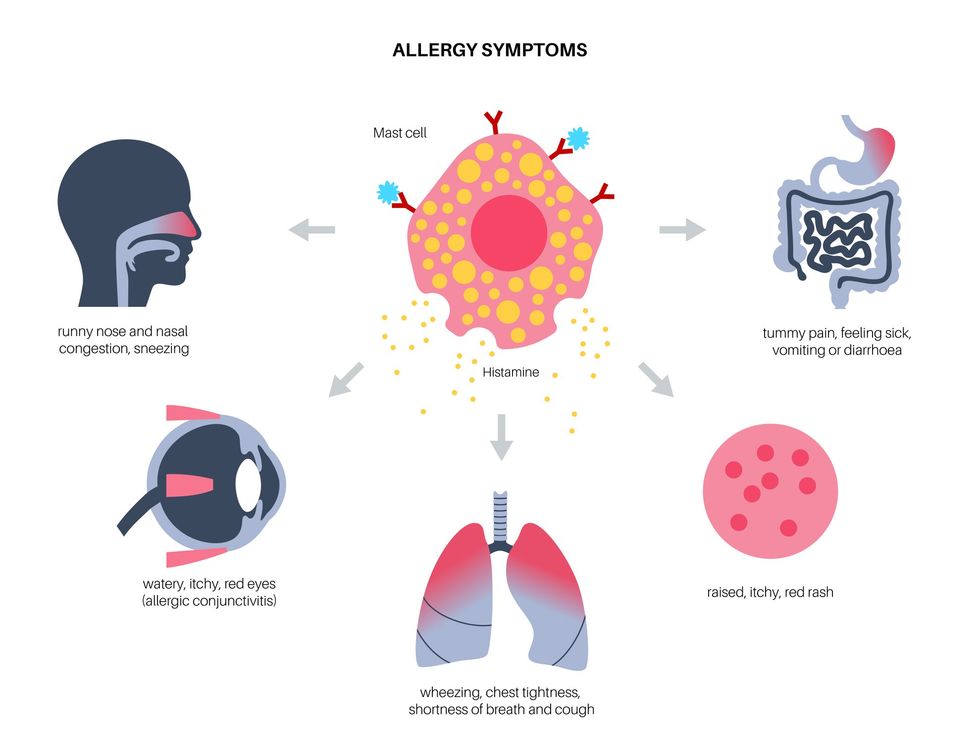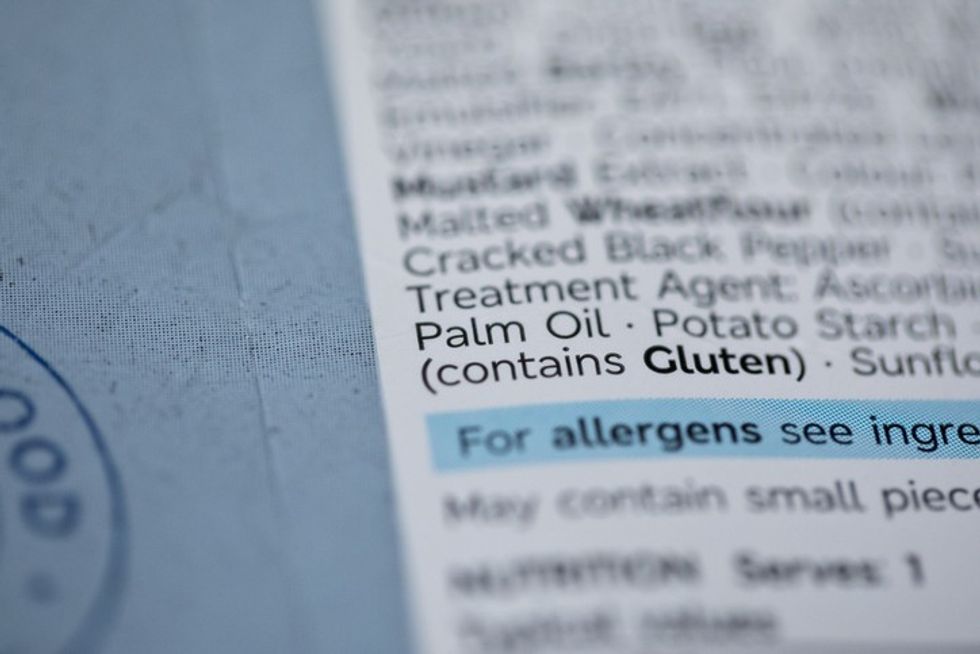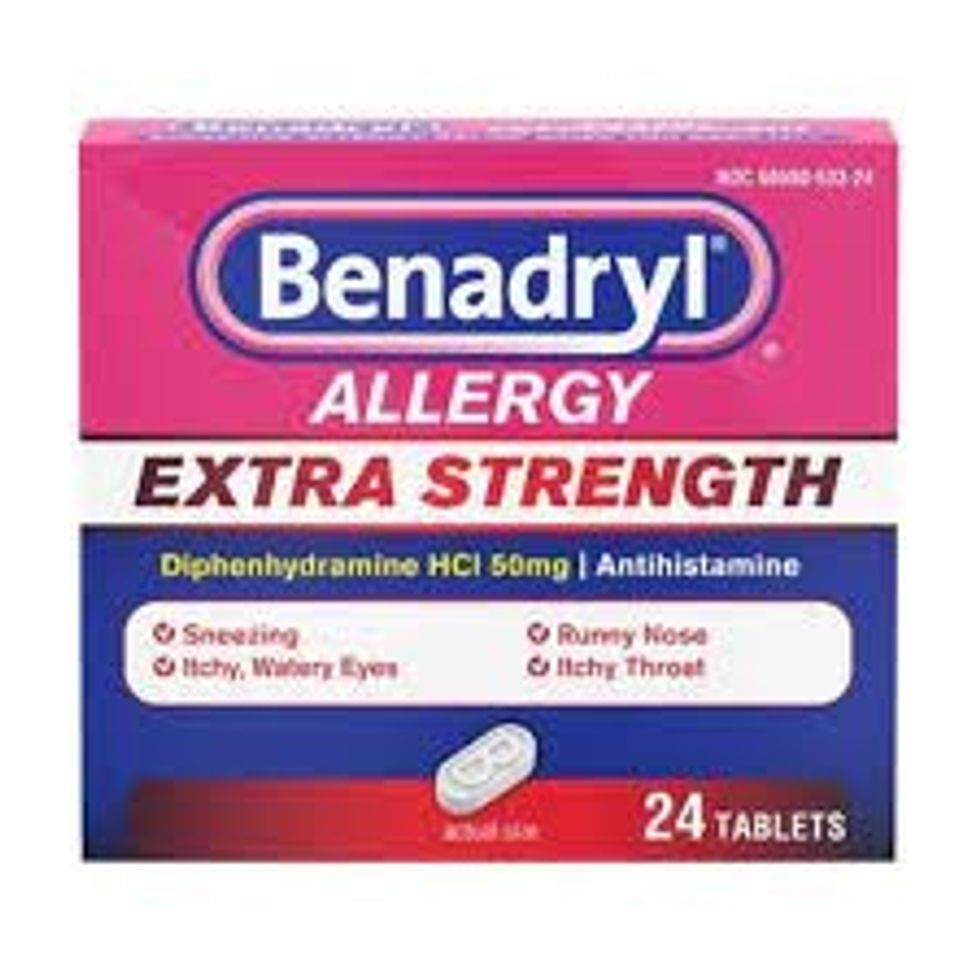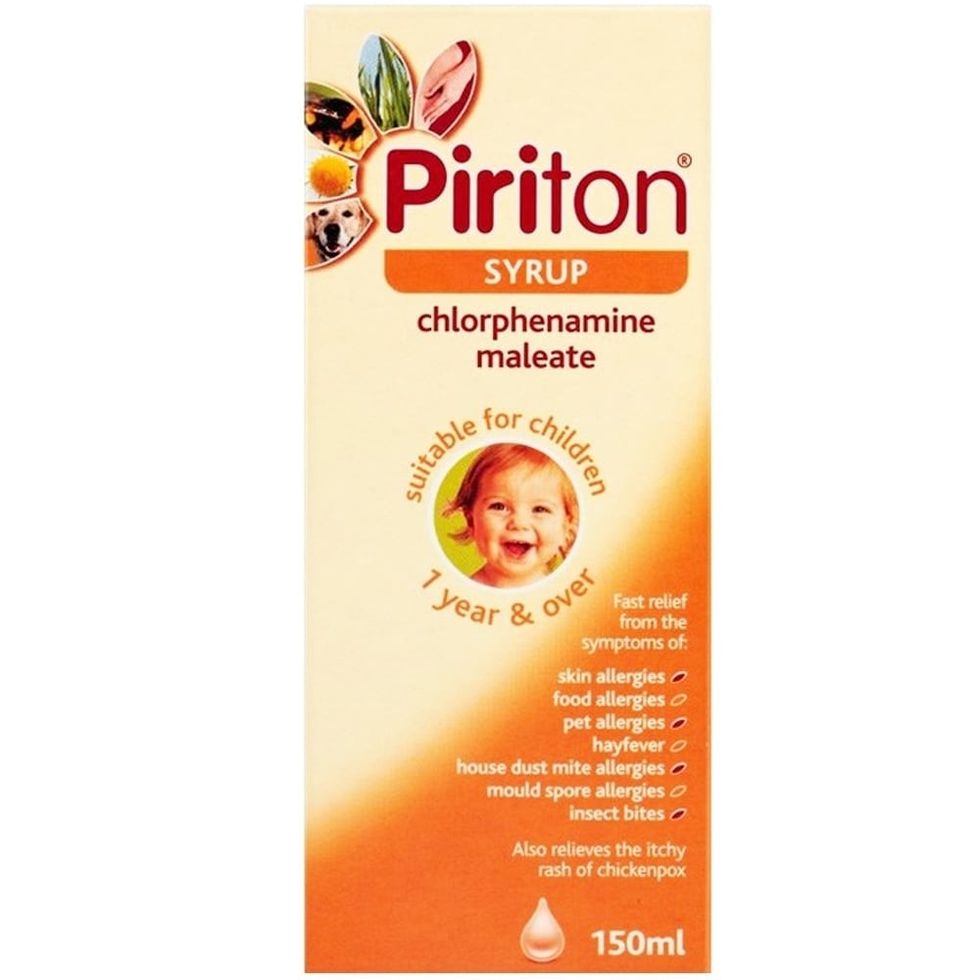Allergy is serious. Did you know that:
- 1 in 2 people will have an allergy by 2026
- The #1 reported UK health condition in 2022 was allergy
- There has been a 154 per cent rise in hospital admissions due to anaphylaxis in 20 years
Allergy is a huge phenomenon today. It seems more of us suffer from allergic reactions than in the past. Whether this is because of pollution, over-processed food and additives in products of all kinds, paradoxically higher standards of living – where ultra-hygienic conditions send our natural immune defences to sleep – or something else we don’t know about, we need to become more aware of what allergy looks like and means.
22-28 April is Allergy Awareness Week in the UK and Allergy UK launches its new campaign “to help bring our mission to life, for everyone in the UK to take allergy seriously, reaching a wide range of audiences across the UK through the broadcast media, online platforms and social media with campaign themes that confront the realities of living with allergic conditions”. It bids the allergic community to join in the mission to support the campaign and highlight the day-to-day burden of allergic disease – and bring about change.
The UK is currently:
- In the top three for the highest incidence of allergy
- In the top two for the highest incidence of allergic eczema
- Joint top for the highest incidence of hay fever
And when over five million individuals require specialist care for their severe allergies, it’s time to realise that allergies are too big to ignore. Because by 2026, it is predicted that allergy will affect at least one in two of us in Europe.
That’s more strain on a stretched healthcare system that’s already not adequately providing allergy care, more children being born with allergies that parents and schools will need to adapt to and help manage and the quality of life for even more people being put at risk because of allergies. In some cases, we may even be talking lives being put at risk.
The History of Allergy Awareness Week (from National Today)
"Allergies are very much real and affect more people than we may think. It might be as small as a minor rash or as severe as a complete immune system shutdown, but either way, allergies are an essential health topic and should be treated as such. If you’ve heard the saying "One man’s food is another man’s poison," then you may already understand the concept of allergies. There are several things we encounter daily without reaction that could stir up allergies in other people. It could be the water we drink, the food we eat, or even the stuffed animals we have lying around. It boils down to the difference in our D.N.A. and genetic makeup.
"Simply put, allergies are conditions triggered by a sensitivity of the immune system to substances in the environment that would ordinarily be considered harmless. Often, people suffering from allergic conditions do not realize it until they experience their first reaction. These reactions come with symptoms like rashes, red eyes, shortness of breath, and even swelling. Allergies develop due to genetic makeup (hereditary factors) and environmental conditions. Allergic reactions are caused by the binding of the immune system’s antibodies to the allergen and then to a receptor, which triggers the release of inflammatory chemicals.
"The term 'allergy' appeared in the 1900s and was coined from the Greek words 'allos' (other) and 'ergon' (work). Since then, several classifications and diagnostic methods have been applied to distinguish various allergies. Allergies are common among over 50 per cent of the worldwide population living with an allergy."
NHS: the most common causes of allergies
- tree and grass pollen (hay fever)
- house dust mites.
- foods, such as peanuts, milk and eggs (food allergy)
- animal fur, particularly from pets like cats and dogs
- insect stings, such as bee and wasp stings
- certain medicines
According to Allergy UK, which conducted the largest ever UK study into perceptions on allergies uncovered hidden mental health and psychological impacts due to related suffering, such as:
- Over half (53 per cent) of people living with allergies in the UK regularly avoid social situations due to their allergy.
- Over half, (52 per cent) of people feel they had to play down their allergies due to fear of judgement.
- 2 in 5 (40 per cent) parents of children with allergies reported their child had experienced bullying due to a condition.
The survey sought to gauge the attitudes and sentiment towards allergy sufferers, uncovered previously overlooked psychological impacts experienced by those living with allergies of all kinds.
Allergy UK also discovered that of respondents suffering with allergies, over half, (52 per cent) regularly felt they had to play down their allergies due to fear of judgement from family, friends or employer leading to feelings of fear, isolation and depression.
Parents of children with allergies also reported adverse effects on their mental health with over half, (54 per cent) of parents reporting they felt very or extremely anxious about their child having an allergic reaction when eating out.
The survey also revealed that our perceptions of allergies are formed at an early age with two in five (40 per cent) of parents reporting that their child felt isolated due to allergies impacting their lives. Elite disability gymnast and winner of 22 British titles, Natasha Coates, 26, is working with Allergy UK to help raise awareness of the hidden psychological impact allergies have on sufferers.
“It’s hard to understate the sense of fear and isolation you can feel when living with a serious or life threatening allergy," said Natasha. "The misunderstanding and perceptions of allergies can make everything from going out to dinner, to spending time with friends or even shopping deeply stressful and can often lead to feeling isolated and alone."
Over 60 per cent of the UK population, approx. 41m people, suffer from a form of allergy – ranging from hay fever, asthma and eczema to insect venom, food and drug allergies. Despite this, over a third (37 per cent) believed that people exaggerate the severity of their allergy and 44 per cent of workers with allergies said their condition had impacted their performance at work.
Serious consequences: everything you need to know about Natasha’s Law
The most acute allergies can have very serious consequences. Following the death of 15 year old Natasha Ednan-Laperouse in 2016, who had an allergic reaction after eating a Pret A Manger sandwich whose packaging did not disclose it contained sesame seeds, her parents campaigned for new legislation around food labelling
Natasha’s Law came into effect in the UK in October 2021.
The law says that the allergens must be declared in written format at the point of presentation, point of sale or point of supply. Most importantly, the labelling must be legible, easily understood by customers and accessible without having to ask a staff member.
The label for Prepacked For Direct Sale (PPDS) food now need to show:
- the name of the food
- an ingredients list
- any of the 14 allergens emphasised in the ingredients list, if these are present in the food
The 14 allergens required to be labelled by food law are celery, cereals containing gluten (such as barley and oats), crustaceans (such as prawns, crabs and lobsters), eggs, fish, lupin, milk, molluscs (such as mussels and oysters), mustard, peanuts, sesame, soybeans, sulphur dioxide and sulphites (if they are at a concentration of more than ten parts per million) and tree nuts (such as almonds, hazelnuts, walnuts, brazil nuts, cashews, pecans, pistachios and macadamia nuts).
Be aware that:
- Where the allergen is explicit in the name like “Egg Mayonnaise”, it is not mandatory requirement to declare egg as allergen.
- General statements such as “this product may contain a specific allergen” cannot be used, as per the law.
- A general statement saying “ask your server if you have any food allergy” can not be used.
- Natasha’s Law will not be applicable for fresh fruit and vegetables, including potatoes, which have not been peeled, cut or similarly treated.
- Store-supplied remedies: you can help
- While prescription medicines treat more serious allergic reactions, c-stores are becoming ever- more important as dispensaries of over-the-counter (OTC)) remedies that can allay a great many of the more uncomfortable symptoms of the most common allergies.
- OTC remedies you can sell in convenience include non-sedating antihistamines. Many antihistamine tablets are available over the counter for the treatment of hay fever – the major allergy now that Spring is here – including cetirizine, fexofenadine and loratadine, sold as brands such as Clarityn, Zirtek, Benadryl and Piriton.
Get involved and stock up now
Allergy UK’s campaigning reflects the most important things they have learnt about the lives of people living with allergy, from their extensive research, from calls to its Helpline, from focus groups and from meeting members of the allergic community. Allergy Awareness Week captures the reality of living with an allergic disease, and it asks the UK to take allergy seriously. Allergy UK is calling for improved healthcare provision, better awareness in service industries and improved care standards in education environments for adults and children whose lives have been impacted by allergy.
As a retailer, you can play a very important part by offering your customers the full spectrum of OTC drugs available and keeping a good stock of other medicines and remedies, from pain relief tablets and nasal sprays to tissues, eye drops and skin creams.
With half the country suffering from allergy, it’s a category that makes very good sense to stock comprehensively.





